News
-
 Plants
PlantsBorrowed genes give mums the blues
Scientists have genetically modified chrysanthemums to be “true blue” for the first time.
-
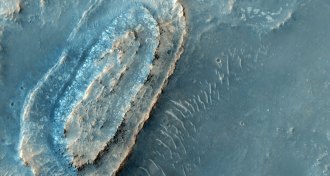 Planetary Science
Planetary ScienceMore hints of Martian hot springs may hold promise for Mars 2020 mission
An analysis of ridges in a crater of Margaritifer Terra on Mars offers evidence of ancient hot springs and also hints at the potential for finding signs of life.
-
 Quantum Physics
Quantum PhysicsQuantum tunneling takes time, new study shows
A new measurement disfavors the idea that electrons can escape atoms instantaneously.
-
 Health & Medicine
Health & MedicineMost football players who donated their brains to science had traumatic injury
A self-selected sample of 202 deceased football players, the largest to date, finds that the majority suffered from chronic traumatic encephalopathy.
-
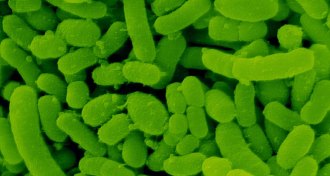 Health & Medicine
Health & MedicineAdd penis bacteria to the list of HIV risk factors
Certain bacteria found on the penis raise the risk of HIV infection, a new study finds.
-
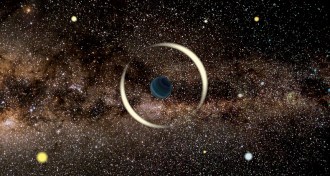 Astronomy
AstronomyFewer big rogue planets roam the galaxy, recount shows
Jupiter-mass planets without parent solar systems are less common than astronomers thought, a new study suggests.
-
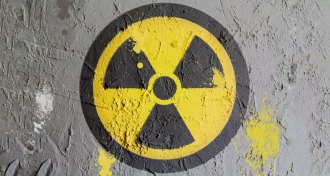 Chemistry
ChemistryRadioactive substances leave electron ‘fingerprints’ behind
A new method of nuclear forensics could make it harder to handle radioactive material in secret.
-
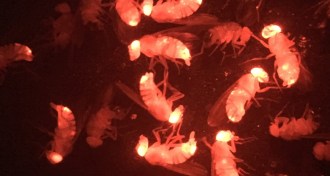 Genetics
GeneticsResistance to CRISPR gene drives may arise easily
New tools for pest and disease control could become useless without improvements.
-
 Physics
PhysicsMajorana fermion detected in a quantum layer cake
Scientists found evidence of a particle that is its own antiparticle.
-
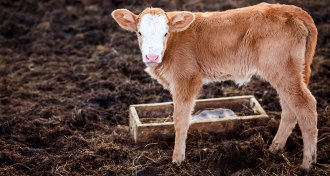 Health & Medicine
Health & MedicineCows produce powerful HIV antibodies
For the first time in any animal, researchers elicit broadly neutralizing antibodies against HIV. Cows’ antibodies could help with drug development.
-
 Genetics
GeneticsThese genes may be why dogs are so friendly
Dog domestication may be the result of just a few genetic changes, including ones that made canines more interested in interacting with people.
-
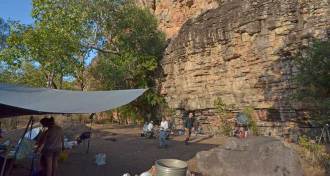 Archaeology
ArchaeologyHumans first settled in Australia as early as 65,000 years ago
Australia may have said “G’day” to humankind thousands of years earlier than previously believed.